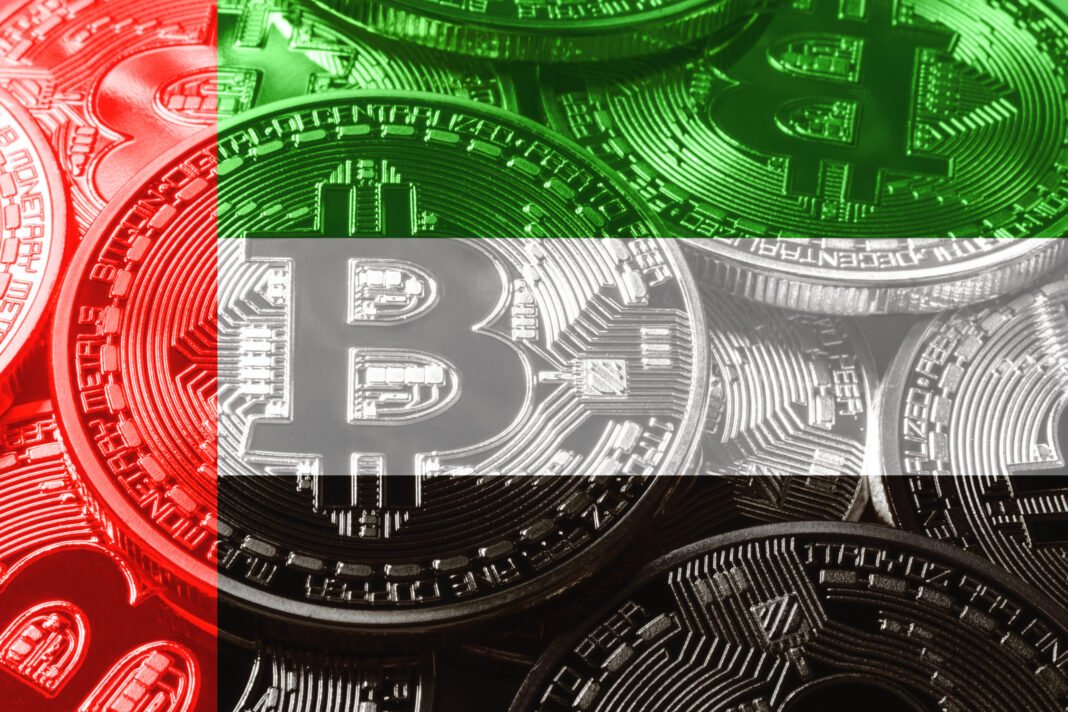The UAE stablecoin regulations are now encouraging more users to explore digital assets with greater trust. These rules support innovation while ensuring financial safety and transparency. As a result, interest in stablecoins continues to grow across the country.
To begin with, experts believe that the UAE’s clear crypto rules help newcomers enter the digital asset space more easily. When guidelines are transparent, people gain confidence. This trust encourages them to view stablecoins as useful options for payments and storing value.
The worldwide stablecoin market already holds massive value in the hundreds of billions. However, the UAE’s regulatory approach to stablecoins may accelerate this growth further. These clear policies follow global trends and place the UAE at the forefront of digital financial innovation.
According to Meera Judge of Binance, strong frameworks like the UAE stablecoin regulations attract more users. She explained that when people feel safe, they join more confidently. Moreover, clear rules provide space for real innovation to emerge.
In addition, AE Coin gained full approval under the UAE’s digital asset framework. It was created based on national token guidelines. As a result of the country’s stablecoin policy, AE Coin enables fast, affordable, and reliable transactions.
Judge also noted that AED-backed stablecoins show the UAE’s strong commitment to advancing financial innovation. She emphasized that the country’s stablecoin rules address regional needs, support financial inclusion, and lessen reliance on the US dollar.
Furthermore, Bitget CEO Gracy Chen agreed with this outlook. She noted that the UAE stablecoin regulations focus on stability and oversight. This approach makes crypto more accessible while ensuring proper controls for users and businesses alike.
Chen also pointed out that these rules affect both AED and USD-backed stablecoins. While they bring lower costs and faster transfers, they may raise compliance costs for exchanges. Still, the UAE stablecoin regulations increase trust in the overall system.
Additionally, the entry of major UAE and US banks into the stablecoin space adds further legitimacy. Banks like FAB, MBank, and Zand support the regulated ecosystem encouraged by the UAE stablecoin regulations.
In conclusion, the UAE stablecoin regulations support safer digital finance. They help new users explore crypto, attract institutional players, and drive innovation while building public confidence.





